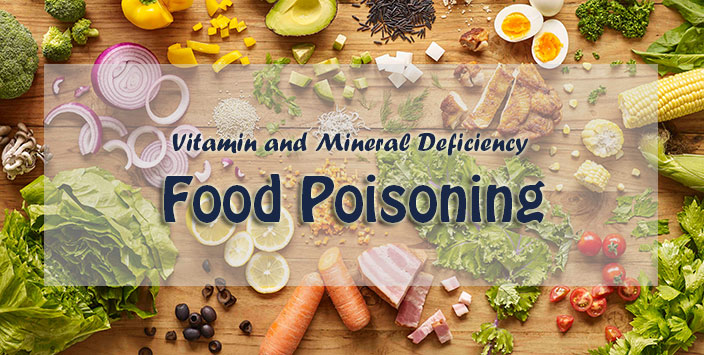Potential Nutrient Deficiencies
The Vitamin Deficiency
The Mineral Deficiency
Potassium
Sodium
POTASSIUM is a mineral that plays a crucial role in maintaining the balance of fluids in the body, as well as in regulating muscle contractions, nerve function, and heart rhythm. It is an electrolyte, which means it carries an electrical charge that allows it to conduct nerve impulses and help cells communicate with each other. POTASSIUM is also important for maintaining healthy blood pressure and for proper kidney function.
About 2,500-3,000 milligrams of POTASSIUM per day is the recommended daily intake for adults. However, the exact amount of POTASSIUM needed may vary depending on factors such as age, sex, level of physical activity, and overall health status.
According to the National Institutes of Health, the recommended daily intake of POTASSIUM is as follows:
– Infants aged 0-6 months: 400 mg
– Infants aged 7-12 months: 800 mg
– Children aged 1-3 years: 2,000 mg
– Children aged 4-8 years: 2,300 mg
– Children aged 9-13 years: 2,500 mg
– Teenage girls aged 14-18 years: 3,000 mg
– Teenage boys aged 14-18 years: 2,300 mg
– Men aged 19 years and older: 3,400 mg
– Women aged 19 years and older: 2,600 mg
NOTE: It is important to note that individuals with certain conditions such as kidney disease or those taking certain medications may have different POTASSIUM requirements. A consultation with a healthcare provider is always recommended for personalized advice.
SODIUM is a mineral that plays an important role in regulating the fluid balance in the body, as well as maintaining healthy nerve and muscle function. It is an electrolyte that helps to balance the levels of water and ions within cells and in the bloodstream.
The American Heart Association recommends a daily intake of no more than 2,300 milligrams (mg) of SODIUM for most adults. For individuals with high blood pressure, heart disease, diabetes, or other health conditions, the recommended intake may be lower.
NOTE: Consuming too much SODIUM can lead to high blood pressure, which can increase the risk of heart disease and stroke. It is important to maintain a balanced intake of SODIUM as part of a healthy diet. It is also helpful to check food labels and choose low SODIUM options whenever possible to stay within the recommended daily intake.
- READ MORE




